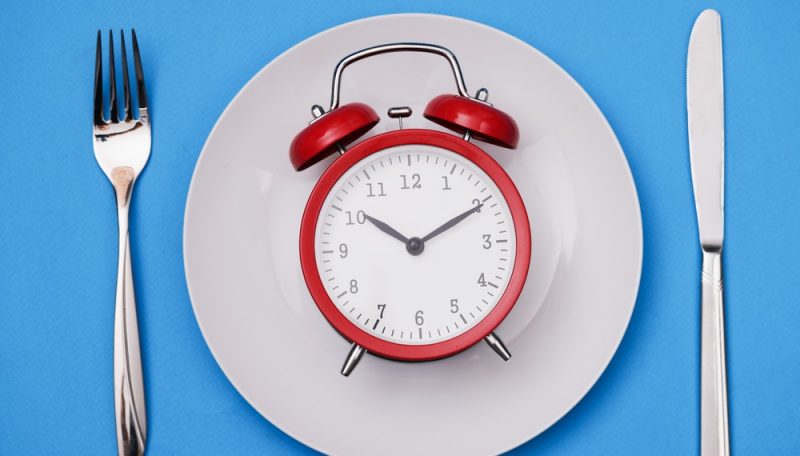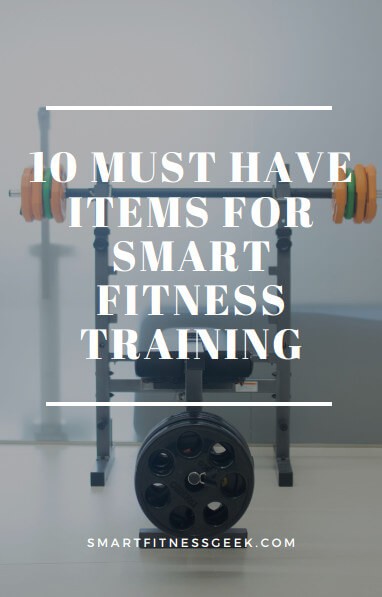After a fast, you most likely are looking forward to eating. Chances are, if you are not strategic, you will grab the readily available foods or that piece of cake that you have been craving. But, this can be detrimental to your digestive system or cancel out the progress you have made during the fasting period.
When fasting for extended periods, the body halts or reduces the production of digestive enzymes. Therefore, it is important to reintroduce food intentionally. Otherwise, you are likely to distress the digestive system and experience side effects such as flatulence, bloating, or constipation. Below is a look at 11 foods to break your fast.
Table of Contents
11 Best Foods for Breaking a Fast
1. Bone Broth
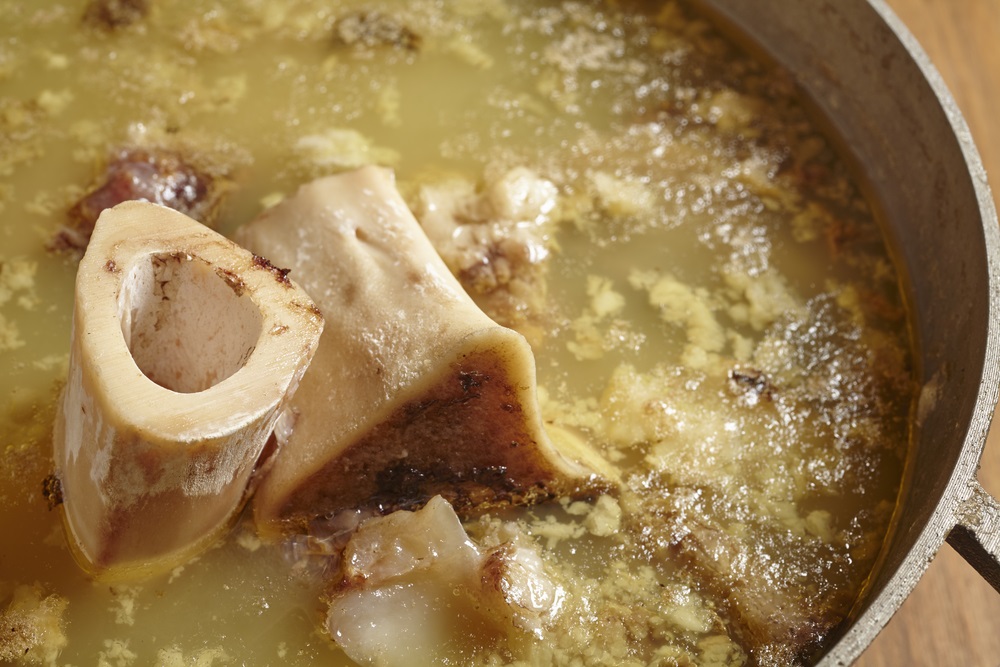
Bone broth is one of the best foods to consume when breaking a fast. It is light on the digestive system yet offers numerous nutritional benefits.
It replenishes the body with the electrolytes lost during the fasting period. It is rich in minerals such as calcium, magnesium, potassium, and sodium. It also contains easily digestible protein. Furthermore, it is rich in collagen, glycine, and a wide range of amino acids.
You may consume it alone or alongside other easy-to-digest carbohydrates such as pasta, lentils, and rice. Do not add heavy cream or highly fibrous vegetables to your broth as they overwork the digestive system. You can make bone broth at home, or you can choose to use organic bone broth powder.
2. Apple Cider Vinegar
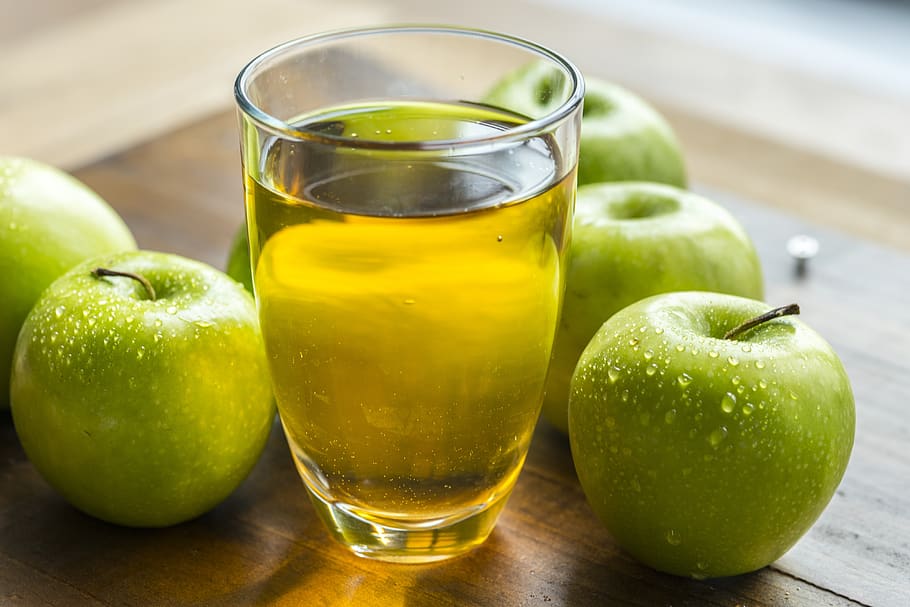
Apple cider vinegar has been raved upon as one of the most popular health elixirs of the 21st century. Many people drink a glass of water infused with apple cider vinegar first thing in the morning as a way of cleaning out and awakening the digestive system. Similarly, you could consume it a few hours before breaking your fast or at the end of your fast period to stimulate your digestive system during the eating window.
To prepare your drink, add one or two tablespoons of organic apple cider vinegar to a 250ml glass of warm water. Stir until it is well mixed and then consume. When buying apple cider vinegar, it is best to go for organic, unprocessed, and unfiltered.
Apple cider vinegar offers several benefits, including:
- Stimulates fat burning
- Suppresses hunger
- Stabilizes intestinal hormones
- Provides good flora to the gut
- Neutralizes the digestive system PH
- Stabilizes blood sugar
Avoid consuming an excessive amount of apple cider vinegar as it could lead to low potassium levels, throat burns, acidity, and delayed stomach emptying.
3. Fermented Foods
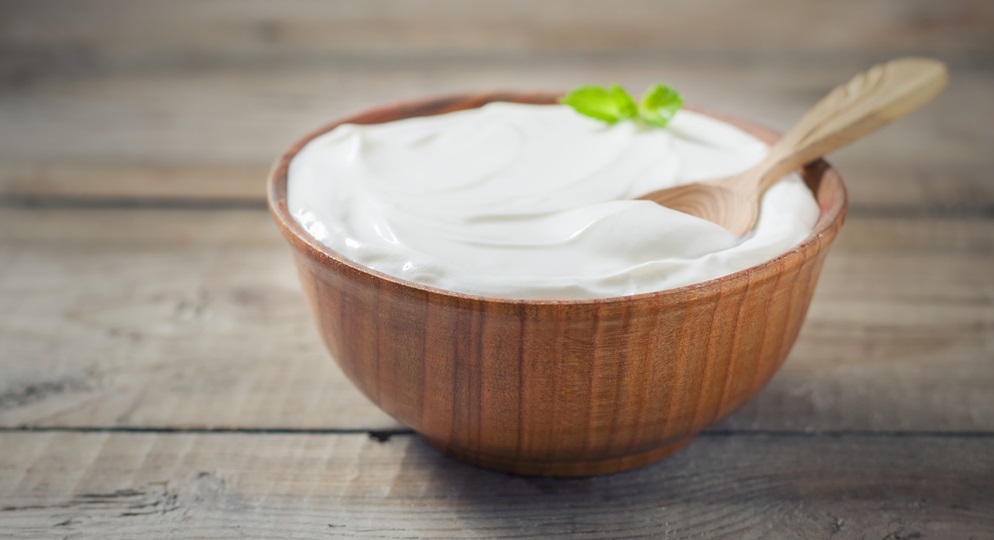
For example, Greek yogurt, kombucha, kefir, kimchi, and sauerkraut are all fermented food options to choose from. These fermented foods repopulate the digestive system with good bacteria and enzymes. The enzymes and bacteria prepare the digestive system to properly digest other foods and absorb nutrients that you consume after the fast.
Avoid sweetened and flavored heavy cream yogurts as they contain high levels of processed sugars and fats that may be difficult to digest after longer fasts.
4. Smoothies
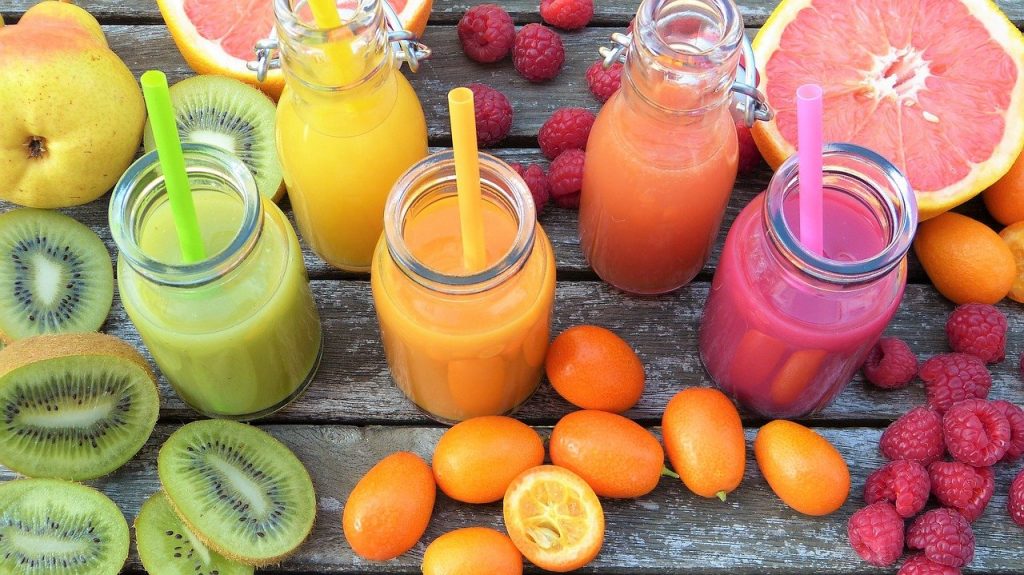
Smoothies are loaded with nutrients and fiber. Since the fiber has been broken down during blending, it is less bulky. Therefore, smoothies are easy to digest while replenishing your body with essential nutrients. They are also filling, curbing hunger pangs, and allowing you ample time to make a healthy meal.
There are numerous smoothie recipes to choose from, depending on your preference. For example, to avoid excessively spiking your blood sugar, use 60% vegetables and up to 40% fruits for your smoothie. You could also add healthy fats sparingly, e.g., a slice of avocado, less than 10 nuts, ¼ cup almond milk, or a tablespoon of coconut oil.
Overloading your smoothie with high-sugar fruits or fats may make it difficult to digest. Also, avoid adding dairy to your smoothie.
5. Soup
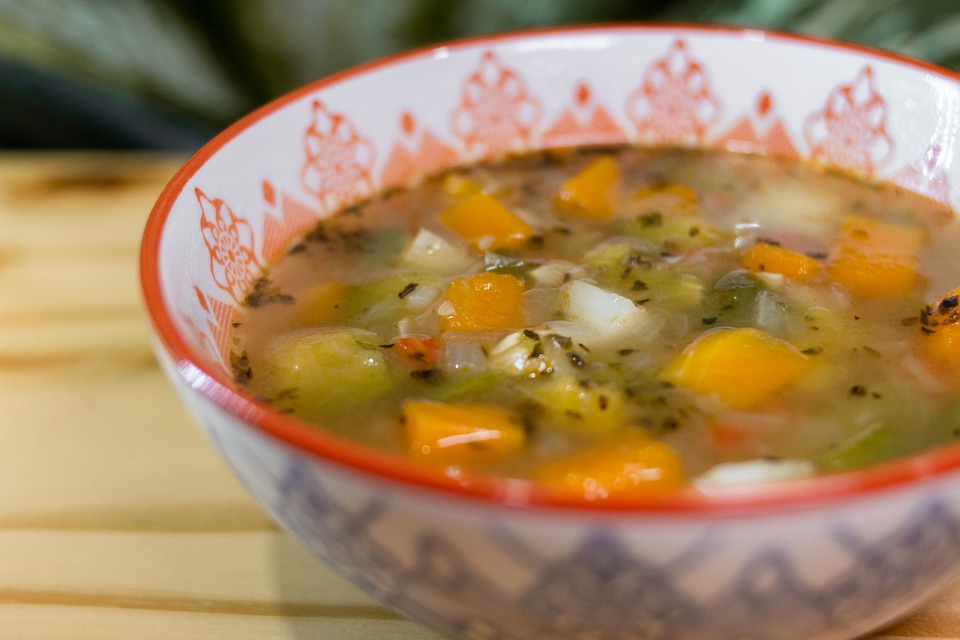
Soups will warm up your digestive system and prepare it to digest other types of foods. You have unlimited options for your soup recipe. However, it is best to incorporate easy-to-digest vegetables, proteins, and carbohydrates.
For instance, you can make a lentils soup or leek and potato soup. Avoid adding meat and heavy creams to your sou. Also, avoid adding large amounts of high-fiber vegetables.
6. Leafy Green Vegetables

Steamed or stir-fried kale and spinach are great options for breaking your fast. They are easy to prepare and easy to digest. They are also low in carbohydrates; therefore, they will not flare up your blood sugar levels.
Leafy green vegetables are rich in various nutrients, e.g., Vitamin C, Vitamin B2, Vitamin B6, Vitamin A, Vitamin K, Manganese, Iron, Folate, Calcium, Copper, and Potassium.
7. Heathy Fats
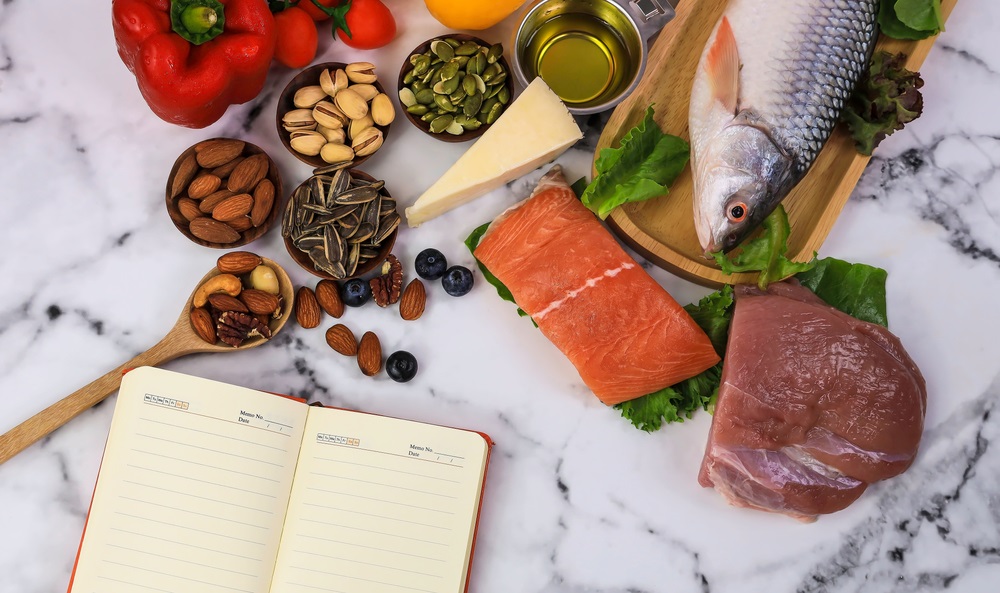
Some healthy fat sources to consume when breaking a fast include avocado, olives, olive oils, and coconut oil.
Avocados are easy to digest, rich in water-soluble fiber, and leave you feeling satiated. Therefore, they help you to avoid overeating after a fast. In addition, when consumed alongside nutrient-dense foods such as vegetable salads or smoothies, they increase antioxidant absorption by up to 5 times.
Furthermore, avocados are rich in various nutrients, e.g., vitamins B, C, E, and K, folates, Magnesium, Copper, and Potassium. You could also consume avocados in the form of avocado oil by using it to stir-fry green vegetables or in soup.
Coconut oil has anti-inflammatory properties. Its high lauric acid content helps to fight off bacteria and viruses. Therefore, coconut oil boosts immunity. It also helps to flourish the digestive system with healthy bacteria and microbes after fasting. When breaking fast, you can add it to your smoothie, soup or use it to stir-fry vegetables. For maximum health benefits, use virgin, cold-pressed, organic coconut oil.
Like coconut oil and avocados, olives and olive oil are superfoods. They are packed with linoleic acid, which has anti-inflammatory and antioxidant properties. Besides, they contain oleuropein which strengthens the skin, and tyrosol, which improves stress resistance. Also, olives and olive oil counteract bone loss and facilitate bone formation.
When breaking your fast, you can add olive oil to your soup, smoothies, or round up your green vegetables. Olives make for a great snack when barking a fast.
8. Eggs
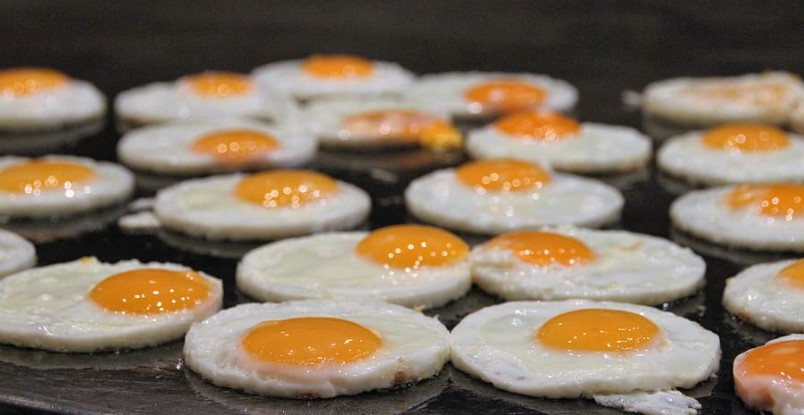
Eggs are a great option to restock your body with proteins after a fast. They are rich in protein, as one egg provides 6g of protein. Furthermore, they provide all the nine essential amino acids.
Hard-boiled eggs are the best for breaking a fast as they do not contain additional fats, as is the case with scrambled or fried eggs. They are also easy to cook and digest. To break your fast, you can eat one or two hard-boiled eggs alongside ½ cup of cooked green vegetables.
9. Fish
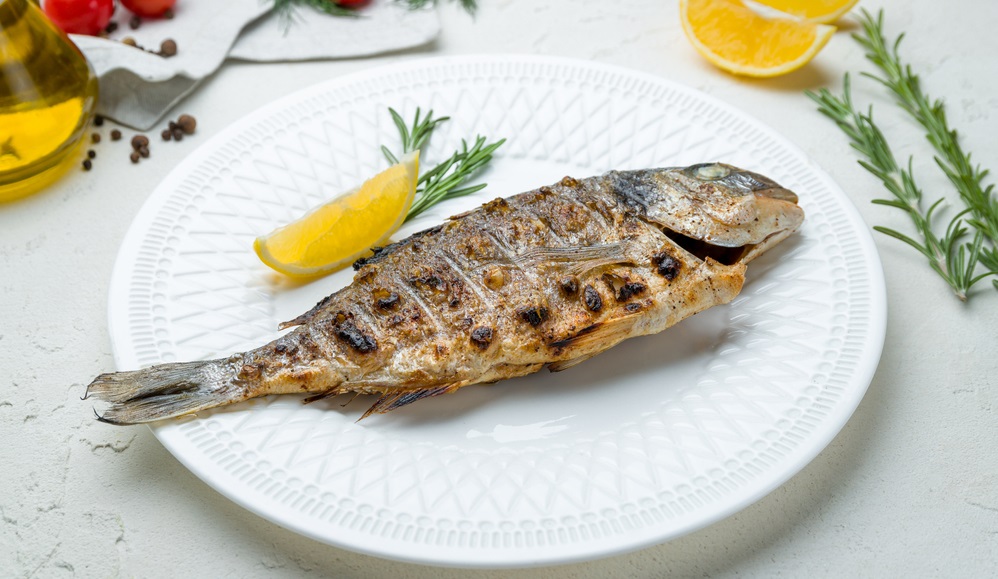
Baked fish such as tilapia fillet, mackerel, and salmon fillet, is another great protein option when breaking your fast. It is easy to digest and provides your body with high levels of proteins. Besides, fish such as mackerel and salmon contain vital nutrients and minerals such as Omega-3 fatty acids, Vitamin B, Vitamin D, Calcium, Potassium, Niacin, and Selenium. Instead of baking, you could make a bowl of fish soup.
10. Easily-Digestible Fruits
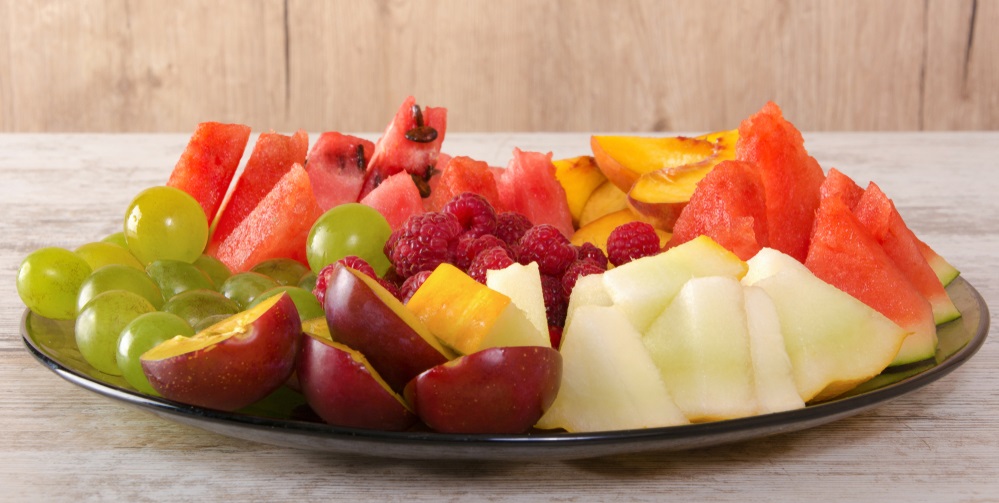
A dose of fruits, when breaking your fast, will supply your body with essential nutrients as well as energy. In addition, since fruits contain fiber, it will help stabilize your blood sugar even though the fruit is sugary.
It is best to go for fruits that are lower in sugar content but with high water content. For example, watermelon, pawpaw, grapes, apples, etc. Avoid citrus fruits such as lemon and grapefruits as they could upset your empty stomach.
11. Healthy Carbohydrates
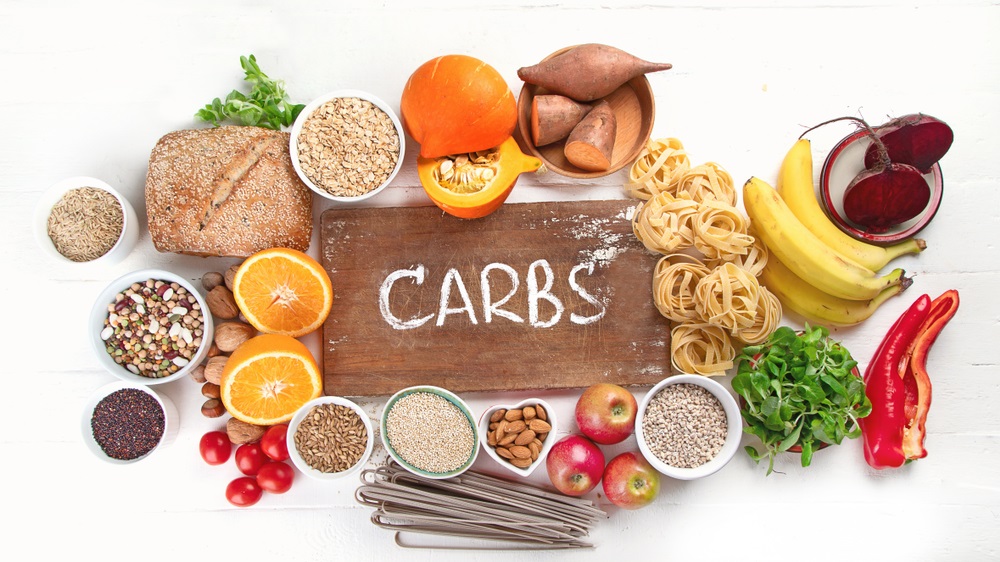
Unrefined, easy-to-digest carbohydrates are the best option when breaking a fast. They provide you with energy without spiking your blood sugar extremely. Avoid simple, processed carbohydrates such as cookies, chips, white bread, cakes, etc. These will spike your blood sugar and not provide you with the essential micronutrients. They are also calorie-dense which might compromise the progress you had made during fasting.
How to Break Your Fast
Nutritionists recommend breaking your fast slowly and systematically. The first meal should be easy to digest and less than 500 carbs. Make sure to properly chew the food to facilitate its digestion. Avoid consuming food quickly and in large quantities after a fast as it can leave you feeling sick.
Foods to Avoid When Breaking a Fast
Some foods to avoid when breaking a fast include:
- Grains
- Processed food and carbohydrates
- Dairy
- Raw cruciferous vegetables like brussels sprouts, cabbage, broccoli, and cauliflower
- Saturated fats, e.g., butter, margarine
- Alcohol
- Red Meat
- Seeds
- Sugar
Conclusion
Fasting has numerous benefits for your body. To retain the benefits acquired during the fasting period, it is important that your break your fast strategically with the right foods. Go for foods that are easy to digest and nutrient-dense. Refeed slowly with small portions of food for each meal. Stay hydrated during and after the fast.
Refeeding syndrome can result if you break your fast the wrong way. Refeeding syndrome is often defined as the potentially fatal shift in fluid and electrolytes that may occur in malnourished patients. It can result from hormonal and metabolic changes and can cause serious health complications. When breaking your fast, make sure to do so wisely and choose healthy food for refeeding.
Always consult your doctor before incorporating prolonged fasting into your lifestyle. Certain pre-existing conditions may make prolonged fasting or even an intermittent fasting diet unfavorable and may require close monitoring by your doctor.

